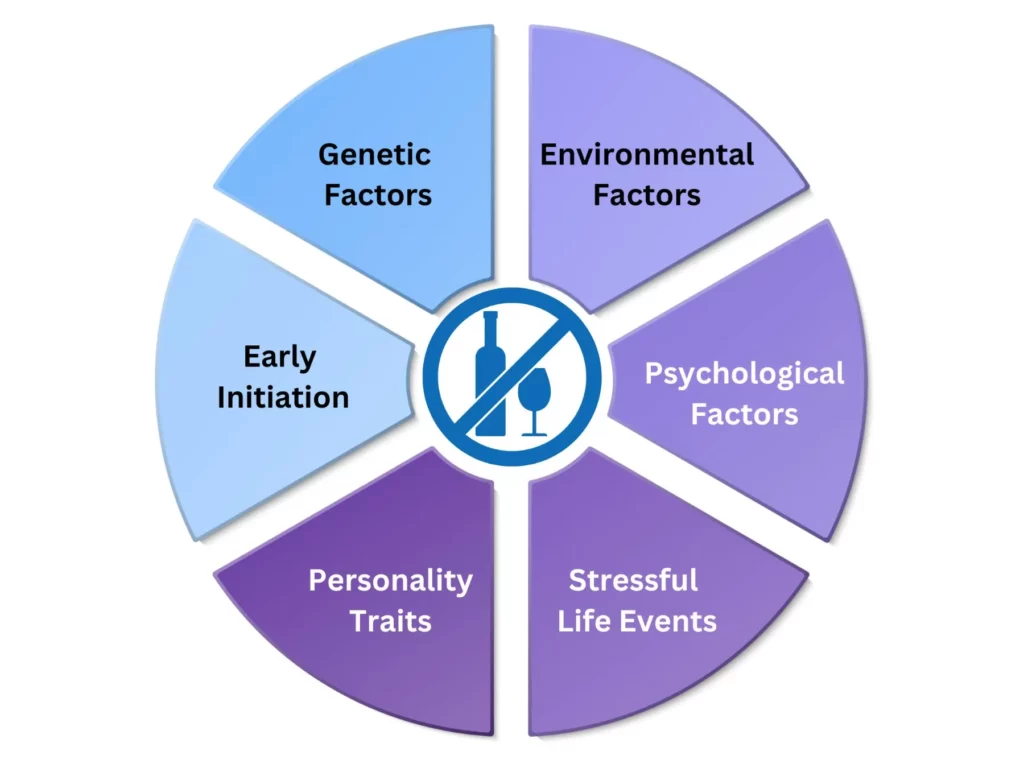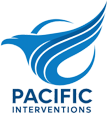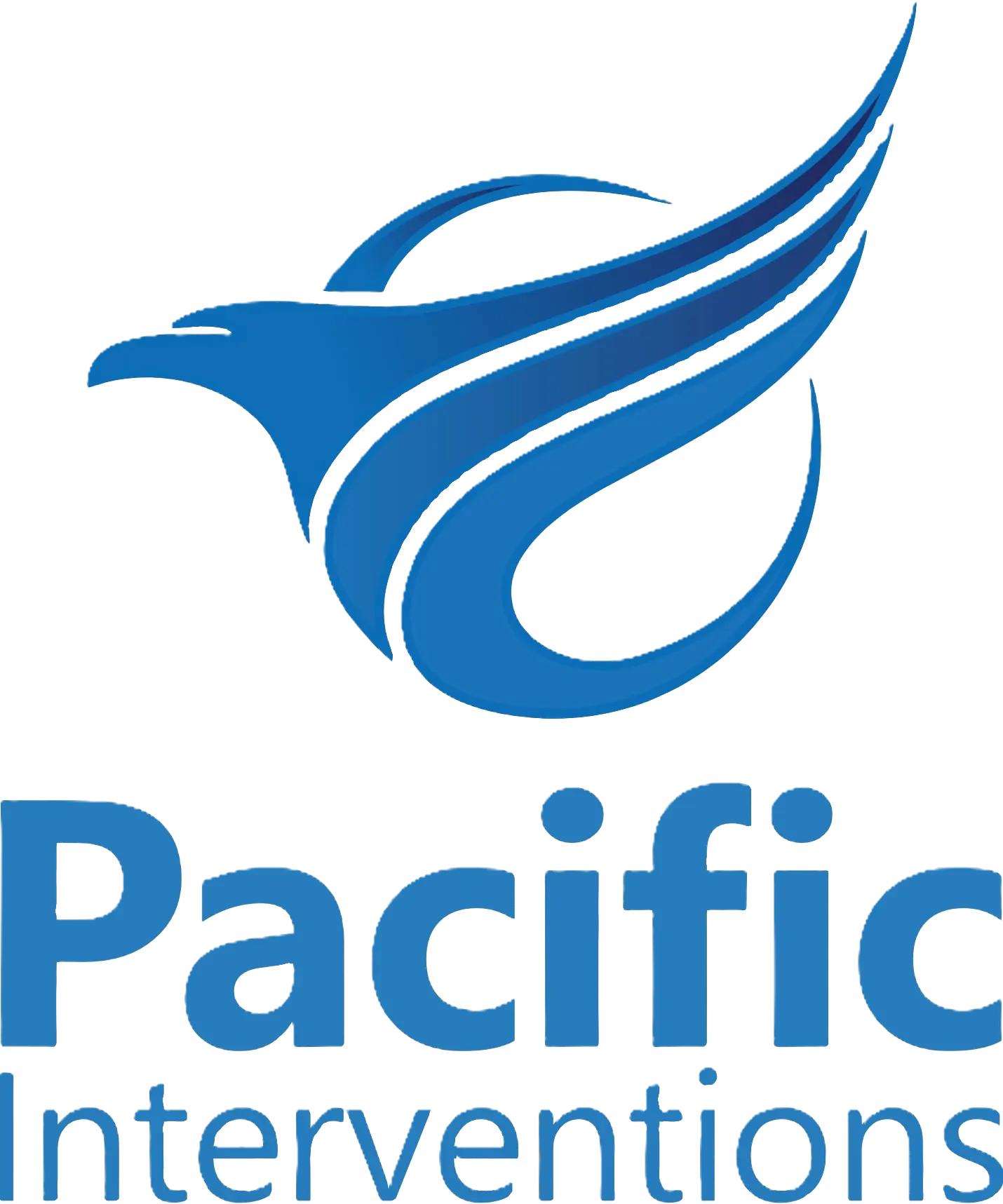Understanding Alcohol Addiction: Your Path to Recovery
Alcohol Use Disorder (AUD) affects millions of Canadian adults, impairing their control over alcohol use despite its harmful effects. Pacific Interventions provides comprehensive rehab support to those who are seeking a solution to AUD. Recovery can present an individual with some complex challenges to address.
Acquiring knowledge about the illness allows for insight into previously unrecognized difficulties. Pacific Interventions clients are thoughtfully guided towards awareness of their underlying problems with AUD, and are then empowered to apply a solution that will work for them.
What is Alcohol Addiction?
Alcoholism, which is now called Alcohol Use Disorder (AUD) is a chronic condition when someone can’t control their use of alcohol despite it causing their health, job, or relationships to deteriorate. Alcoholism or AUD is a significant public health problem in Canada. It affects a large part of the Canadian population. In 2020 more than 18,000 Canadians died from alcohol related causes.
Pacific Interventions recognizes AUD as a complex mental health issue that takes a heavy toll on an individual’s mental health, relationships, work performance, and overall well-being. AUD is a progressive illness, which means the symptoms ( physical health, job, and relationships deterioration) will continue to get worse over time.
It is critical to get professional help at the early stages. Overcoming alcoholism without professional help is very unlikely. Do not wait for the problem to get out of control. Contact Pacific Interventions today.
Understanding the Causes and Risk Factors
Genetic Factors
Multiple genes contribute to the risk of developing AUD, with no single gene solely responsible. Individuals with a family history of alcoholism have a higher risk of developing a drinking problem.
Environmental Factors
Environmental influences, such as work stress, relationships, and traumatic events, can lead to alcoholism. Socioeconomic status, social support, and community cohesion also play roles in alcohol use patterns.
Psychological Factors
Mental health issues, such as anxiety and depression increase the risk of turning to substance abuse as a coping mechanism. Pacific Interventions recognizes the complex link between mental health and addiction, offering comprehensive support for individuals struggling with co-occurring disorders.

Recognizing the Signs of Alcohol Addiction
Physical Symptoms:
Shanking, sweating, and nausea are withdrawal symptoms. Signs include frequent hangovers and liver damage (jaundice or abdominal pain).
Psychological Symptoms:
Alcoholism causes cravings and drinking obsession. Depression or anxiety can make ordinary tasks difficult.
Behavioral symptoms:
Include drinking alone or disguising alcohol use, which can lead to dangerous conduct.

The Impact of Alcohol Addiction on Health
Physical Health Consequences
Alcohol addiction can cause serious problems for one’s physical health. Pacific Interventions emphasizes how critical it is to comprehend these dangers.
Chronic alcohol misuse can lead to weakened immune systems, cardiac issues, and liver damage. It can also aggravate digestive problems and raise the risk of several cancers. It’s critical for those attempting to overcome alcohol addiction and improve their general health to be aware of these possible health effects.
Mental Health Impact
The effects of alcohol addiction on mental health are serious. Pacific Interventions places a strong emphasis on the link between alcohol misuse and mental illnesses.
Chronic drinking can worsen pre-existing mental health issues, including anxiety and depression, or cause the emergence of new ones. It might also make memory function worse. Throughout therapy and long-term recovery, mental health concerns and alcohol addiction must be addressed together.
Social and Relationship Consequences
Alcohol addiction frequently has an extensive effect on relationships and social life. Addiction may damage relationships at work, friendships, and families. Alcohol addiction can cause people to feel alone, have trouble keeping a job, and have damaged relationships with others.
Resolving these personal and social effects is an essential part of the healing process. It helps people reestablish their support systems and improves their emotional well-being.
Effective Treatment Options for Alcohol Addiction
Detoxification
The first stage in treating alcoholism is alcohol detox, which usually takes a week or two. Withdrawal symptoms might be anything from minor to fatal during this stage.
Healthcare providers monitor patients’ vital signs and give prescription drugs to treat symptoms. Pacific Interventions emphasizes the importance of medical supervision during detox to ensure safety and comfort.
Therapy and Counseling
Cognitive Behavioral Therapy (CBT) has demonstrated success in the treatment of alcohol use problems. Motivational interviewing (MI) addresses ambivalence toward behavior change. Relapse prevention aims to detect and prevent hazardous situations.
Support Groups
Individuals who are eager to find a solution to their drinking problem can take advantage of the free meetings and support offered by Alcoholics Anonymous (AA). Several studies have shown that participation in Alcoholics Anonymous (AA) can result in favorable results, such as increased sobriety and improved overall functioning in society.

What is the Outlook for Alcoholism?
Recovery and Long-Term Health
Once someone has completed an alcoholism treatment program their outlook for long-term success is greatly improved. Recovering from alcoholism is possible no matter how affected the person may be. Pacific Interventions’ is fortunate to see some amazing transformation in their clients.
Whether it is in the Outpatient Program or at an inpatient program – clients beat addiction and take back control of their lives. A great many of our clients stay sober long-term, and see significant changes in their physical and mental health.
If a client can demonstrate a willingness to try recovery, and they are connected the right level of care, incredible things can happen. We see this time and time again. After recovery, clients have stronger relationships, better work performance, and much more stable emotional and mental health balance.

Challenges in Recovery
Recovering from alcoholism usually requires facing a multitude of challenges. Clients and their families often worry about relapse. Alcohol relapse doesn’t happen to everyone in recovery. Relapse is certainly a possibility for anyone in recovery, but if it does happen it is essential to understand that it is not failure.
Relapse often means that there is an unresolved issues that requires additional rehabilitation. During any stage of recovery a mental health challenge may present itself, or an existing condition could get worse. It is critical to take action and not let this situation progress.
Maintaining sobriety requires ongoing problem solving and swift action when challenges arise. Pacific Interventions provides recovery solutions and support to people before (intervention), during (treatment), and after (aftercare).
Support Systems and Ongoing Care
After completing an alcoholism or AUD rehabilitation program long-term recovery depends on being stabilized once you return home. This type of support is called an Aftercare Program. Pacific Interventions stresses the importance of participating in an aftercare program.
When a client is in an inpatient treatment center most or all of the triggers they had at home are gone, but once they leave and arrive back home all these triggers return, and the client destabilizes as a result. An aftercare program can provide critical assistance to a client during this phase so that they avoid this destabilizing effect.
A good aftercare program will consist of ongoing counseling, assistance with developing community-based support groups, crisis intervention, relapse prevention, stress management, and guidance with making positive post-treatment lifestyle adjustments.
Removing or skipping any stage of treatment can have dire consequences. That is because all stages of treatment work in conjunction with the others to help the client find purpose and meaning in life, stay sober, have tools to deal with problems, and be trusted members of their families.
What Are Resources for Treating Alcoholism?
Pacific Interventions offers individualized alcoholism treatment programs that include; alcohol interventions, outpatient rehab, inpatient treatment, aftercare programs, and recovery coaching.
We also offer referrals to highly specialized programs to address complex co-occurring disorders like trauma. Although Alcoholics Anonymous (AA) is not considered alcoholism or AUD treatment it is a valuable option for community-based support.

FAQ
What are the common symptoms of alcohol addiction?
Physical symptoms include shaking, nausea, and intense cravings, while psychological and behavioral symptoms include irritability, restlessness, anxiety, drinking in the morning and hiding alcohol.
What causes alcohol addiction?
A combination of genetics, socioeconomic status, and psychological factors such as, stress, trauma, or mental health disorder are often linked to the development of an alcohol addiction.
Why is detox important for alcohol addiction?
Detox safely removes alcohol from the body, usually lasting 1-2 weeks, and should be done under medical supervision so medications can be used to manage withdrawal symptoms.
What treatments are available for alcohol addiction?
Treatments include medical detox, medication-assisted therapy, intensive outpatient programs, and residential inpatient rehab.
What is the role of medication in treating AUD?
Medications such as naltrexone reduce cravings, and others like acamprosate help restore brain function.
Can alcohol addiction be cured?
While AUD is a chronic condition, recovery is possible with proper treatment, ongoing support, and lifestyle changes.




